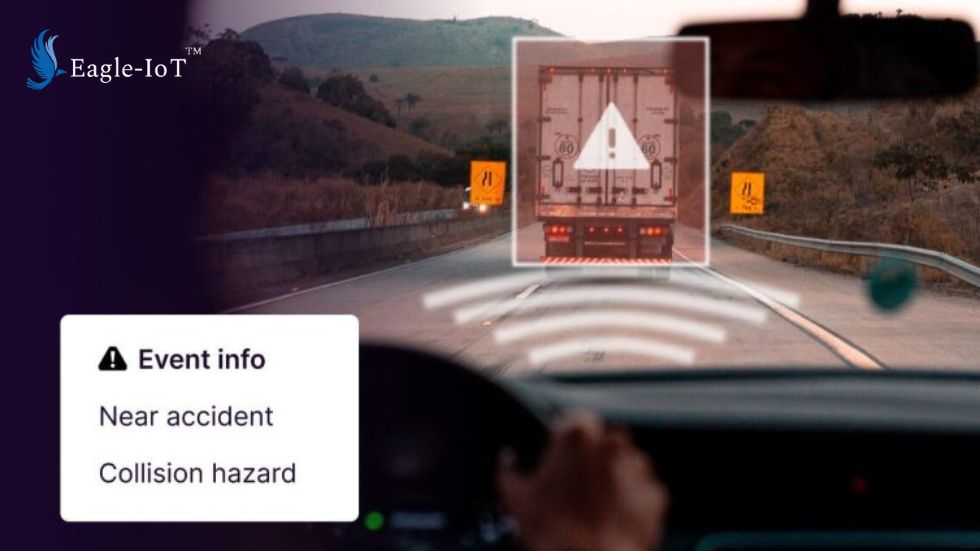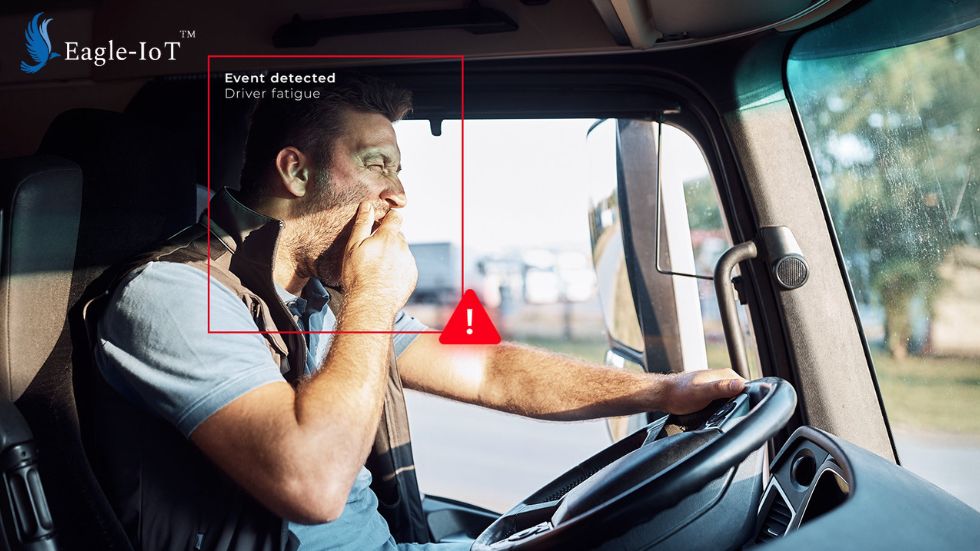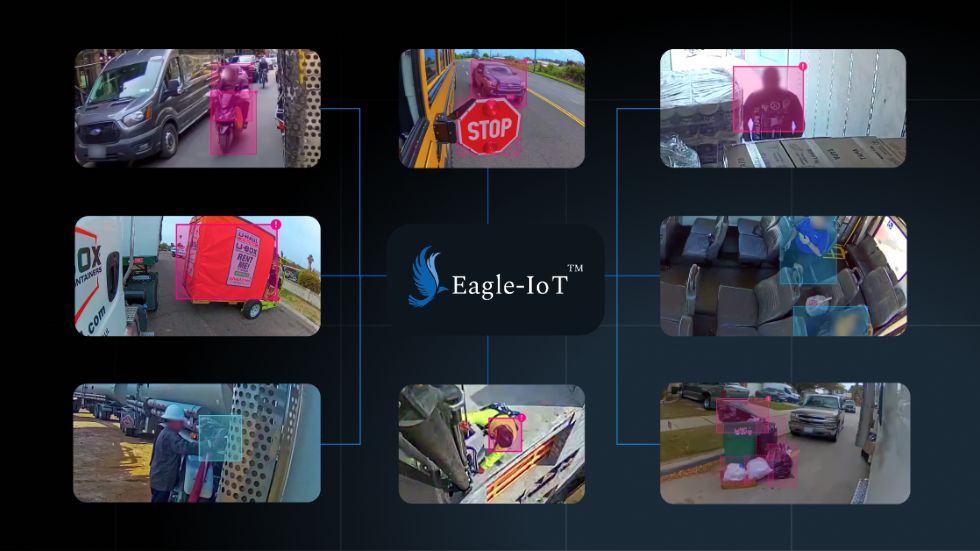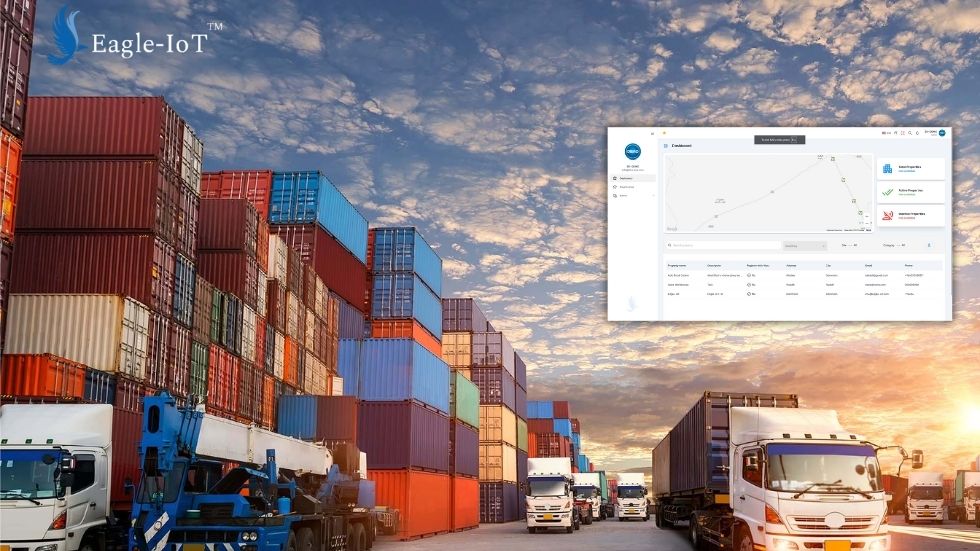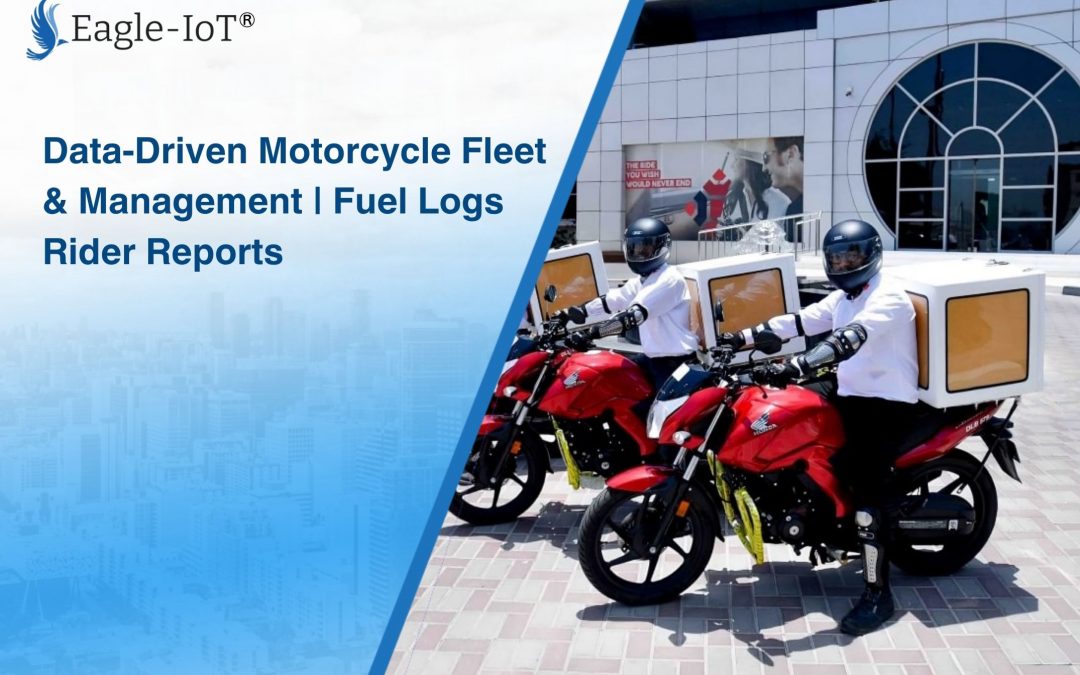
Data-Driven Motorcycle Fleet Management | Fuel Logs & Rider Reports
From Fuel Logs to Rider Reports: The Data You Need to Run a High-Performance Motorcycle Fleet
The Power of Data in Motorcycle Fleet Management
In the Kingdom of Saudi Arabia, the demand for motorcycle fleets—especially for last-mile deliveries—is at an all-time high. But operating an efficient fleet is no longer just about having bikes on the road. It’s about using accurate, real-time data to make smarter decisions, optimize performance, and ensure regulatory compliance.
With the rising cost of fuel, increased competition, and the Transport General Authority (TGA) enforcing strict compliance requirements via the WASL platform, modern fleet operators need more than tracking—they need insight.
Fuel Logs: Controlling One of Your Largest Expenses
Fuel is one of the most significant operational costs for any delivery-based business. Without a centralized system, fuel consumption is difficult to track and even harder to control.
With Eagle-IoT’s motorcycle monitoring solution, fleet managers can:
- Log every fuel transaction
- Monitor consumption patterns per vehicle
- Identify excessive or unexplained fuel usage
- Prevent fuel theft or unauthorized refueling
What makes the solution even more powerful is integration with PetroApp, which enables automated fuel transaction tracking linked directly to your vehicles and drivers. This eliminates manual errors, streamlines accounting, and provides real-time cost visibility across the fleet.

Maintenance Logging: Prevent Breakdowns Before They Happen
Reactive maintenance leads to lost deliveries, safety hazards, and costly repairs. With mileage-based service alerts and maintenance history logs, Eagle-IoT enables a preventive maintenance model.
Key capabilities include:
- Mileage-based service reminders
- Detailed maintenance records for each motorcycle
- Cost tracking for repairs and parts
- Alerts for oil changes, tire replacements, brake inspections, etc.
This not only extends the lifespan of your vehicles but also minimizes downtime, improves safety, and ensures your fleet is always road-ready.
Rider Behavior Reports: Safety and Accountability
Your riders are the face of your brand. Their performance on the road directly impacts your reputation, customer satisfaction, and legal exposure. Rider behavior monitoring gives you full visibility into how your assets are being operated.
With Eagle-IoT, you can monitor:
- Overspeeding events
- Harsh braking and sudden acceleration
- Crash detection and accident logging
- Off-duty movement or misuse of bikes

Each rider is assigned a performance score, enabling you to identify risky driving patterns, coach riders accordingly, and reward safe driving habits.
The platform also logs SoS alerts, ensuring your team can act quickly in emergencies—especially critical for lone riders navigating busy urban roads.
Utilization Reports: Maximize Every Asset’s ROI
How often is each motorcycle being used? Are some assets overworked while others sit idle? These are questions every fleet manager should be asking. Utilization analytics from Eagle-IoT provide insights such as:
- Daily, weekly, and monthly usage patterns
- Idle time tracking
- Distance covered per bike per rider
- Underutilized or overused assets
Armed with this data, managers can reallocate bikes, plan maintenance based on actual usage, and avoid unnecessary asset purchases, thereby maximizing ROI across the fleet.
All-in-One Dashboard: Turn Data into Decisions
Eagle-IoT consolidates all your operational data into a single intuitive dashboard, allowing you to:
- View fuel and maintenance logs in real time
- Compare rider performance across teams or regions
- Generate compliance-ready reports for TGA & WASL
- Monitor and manage Operation Card issuance via WASL integration
- Export data for financial analysis or audits
Whether you’re managing 10 bikes or 500, this level of centralized control enables faster decisions, reduced costs, and a more agile operation.

From Tracking to Intelligence
Motorcycle tracking has evolved. It’s no longer just about knowing where your fleet is—it’s about knowing how it’s performing, where inefficiencies lie, and what you can do to improve. With Eagle-IoT, you gain a complete picture of your fleet’s health, rider conduct, and operational cost structure. By leveraging fuel data, maintenance logs, rider behavior, and usage analytics, fleet managers in Saudi Arabia can meet compliance requirements, improve safety, and unlock powerful efficiencies that boost profitability.
Ready to Take Control of Your Motorcycle Fleet?
Eagle-IoT is a TGA-certified and WASL-integrated solution designed to bring visibility, compliance, and intelligence to your delivery operations.





